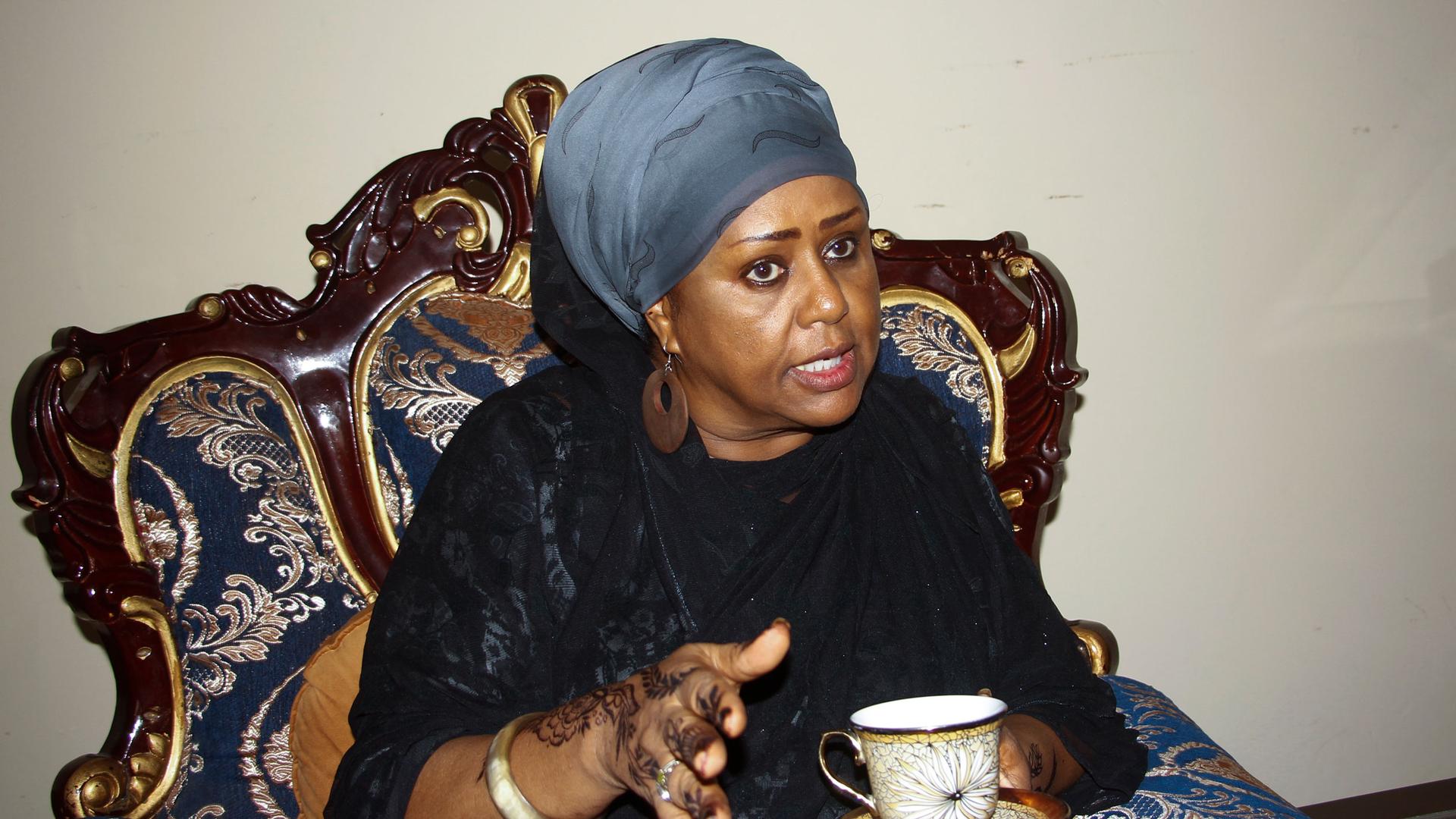This analysis was featured in Critical State, a weekly foreign policy newsletter from Inkstick Media. Subscribe here.
Every civil war is a failure of governance. The causes can vary — the factions that emerge and the grievances expressed span the whole of the human condition — but for a state to collapse to the point where people take up arms against it requires more than a routine political dispute. In the aftermath of a civil war, along with efforts at demobilization and reconciliation, is the opportunity for deep rebuilding of society and government, with the hope that whatever new arrangement put in place can better meet the needs of citizens without collapsing into armed violence again.
One possible change is more gender equitable distribution of leadership. In “Power in the Post-Civil War Period: The Effect of Armed Conflict and Gender Quotas on Women in Political Leadership Positions,” authors Cosima Meyer and Britt Bolin look at how structural factors preserve post-war changes in leadership in sub-Saharan Africa.
“In a first step, a pipeline must be established to develop women’s political careers and prepare them for leadership positions,” the authors write. “The civil war itself can create the conditions for the establishment of such a pipeline that allows women to claim political positions that they did not hold before.”
That power, borne of necessity and capability, can be undermined after a conflict, as men previously in power or looking to return to some prior status quo work to exclude women leaders proven in the war. In the process of creating a post civil war settlement, however, legal measures can acknowledge what was already proven in war.
“In a second step, a legal framework is necessary to develop a pipeline for women’s political careers and secure its effects. A gender quota serves as such a legal regulation that can help to secure the institutional hold on power,” the authors write.
By looking at the number of women serving in cabinets in the years after a civil war, the study tracks not just the existence of women in leadership but the cultivation and sustained networks supporting that leadership.
“Our research,” the authors write, “promotes our understanding of post-civil war situations and of the conditions under which women retain broad political power. Our theory implies, at least in post-conflict situations, that a quota is not enough to secure high levels of women’s executive-level representation long term. This is achieved in tandem with post-civil war situations in which institutional destabilization has changed the political landscape and first enabled women to gain a foothold in political leadership positions.”
When women are excluded from leadership pre-conflict, valuable perspective and understanding of the problems facing a country is lost, as are perspectives that could point to better policies to mitigate harm.
There’s still much more research in this space to be done. As Meyer tweeted, “What are, for instance, the effects on substantive representation? Are women more likely to hold certain ministerial positions? And who are those women in power?”
Leadership is not everything, but descriptive leadership in a democracy ensures that the people are represented closer to their actual composition. With a post-conflict change in leadership composition and quotas in place, the authors found a long-term impact of durable representation.
Critical State is your weekly fix of foreign policy analysis from the staff at Inkstick Media. Subscribe here.
